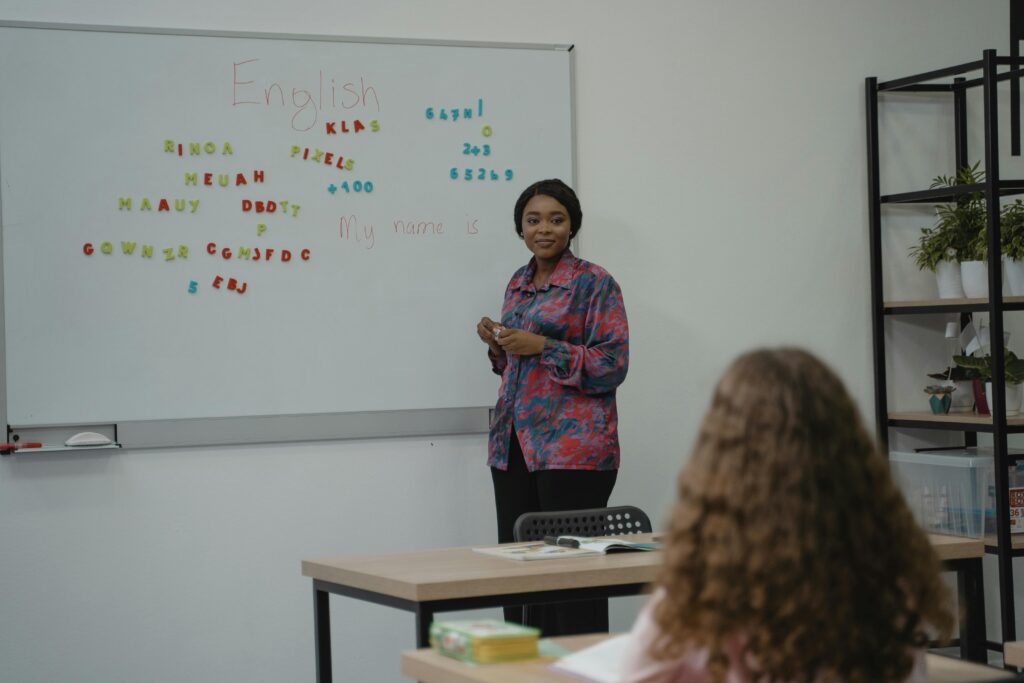On International Women’s Day, we honor the remarkable achievements of female polyglots whose linguistic talents have transcended borders and inspired generations. From the Renaissance courts to the silver screen and the digital age, these iconic women have wielded the power of language to shape history, culture, and global communication.
Queen Elizabeth I: A Linguistic Luminary of the Renaissance
In the golden age of the Renaissance, Queen Elizabeth I of England captivated the world with her eloquence and linguistic prowess. Fluent in multiple languages, including Latin, French, Spanish, and Italian, Elizabeth’s command of diplomacy and rhetoric elevated England to the forefront of European politics and culture. As a patron of the arts and literature, she fostered a renaissance of learning and creativity that continues to influence our world today.
Audrey Hepburn: A Hollywood Icon with a Multilingual Heart
Beyond her iconic roles on the silver screen, Audrey Hepburn was a polyglot par excellence whose linguistic talents mirrored her global appeal. Raised in Belgium and educated in England and the Netherlands, Hepburn spoke five languages fluently, including English, Dutch, French, Italian, and Spanish. Her ability to connect with audiences around the world transcended linguistic barriers, making her a beloved international icon of elegance, grace, and humanitarianism.

Lydia Machova: A Modern-Day Polyglot Phenomenon
In the digital age, Lydia Machova has emerged as a leading voice in the polyglot community, inspiring thousands with her infectious passion for language learning. As a self-taught polyglot fluent in eight languages, including English, Spanish, French, German, Russian, Slovak, Czech, and Portuguese, Machova has shattered stereotypes and proven that anyone can become a proficient polyglot with dedication and perseverance. Through her online courses, workshops, and TEDx talks, she empowers language enthusiasts worldwide to unlock the transformative power of multilingualism.
Kató Lomb: The Polyglot Pioneer of Linguistic Autodidacticism
Renowned as one of the greatest polyglots of the 20th century, Kató Lomb revolutionized language learning with her innovative methods and insatiable curiosity. Despite lacking formal education in linguistics, Lomb taught herself over 16 languages, mastering diverse language families such as Slavic, Romance, Germanic, and Asian languages. Her pioneering work in simultaneous interpretation and language pedagogy laid the foundation for modern approaches to language acquisition, earning her acclaim as a trailblazer in the field of linguistics.
As we commemorate International Women’s Day, let us celebrate the enduring legacy of female polyglots who have enriched our world with their linguistic talents and cultural contributions. From Queen Elizabeth I’s diplomatic finesse to Audrey Hepburn’s global charm, Lydia Machova’s digital influence, and Kató Lomb’s autodidactic genius, these iconic women exemplify the transformative power of multilingualism in fostering understanding, connection, and unity across borders. Together, let us honor their achievements and continue to champion linguistic diversity, gender equality, and cultural exchange in our interconnected world.
Written by Savvina Ntaltagianni, LTES Academic Coordinator







